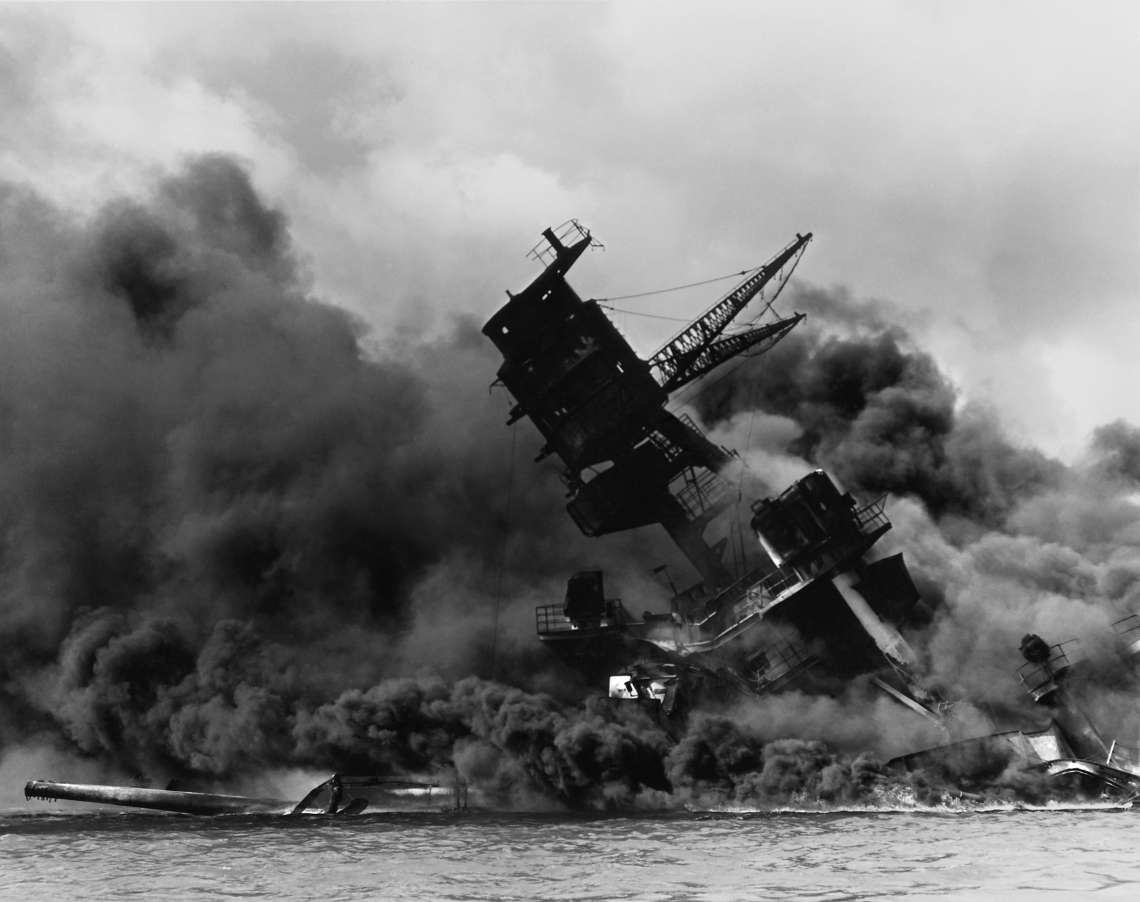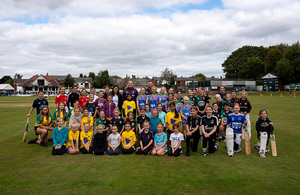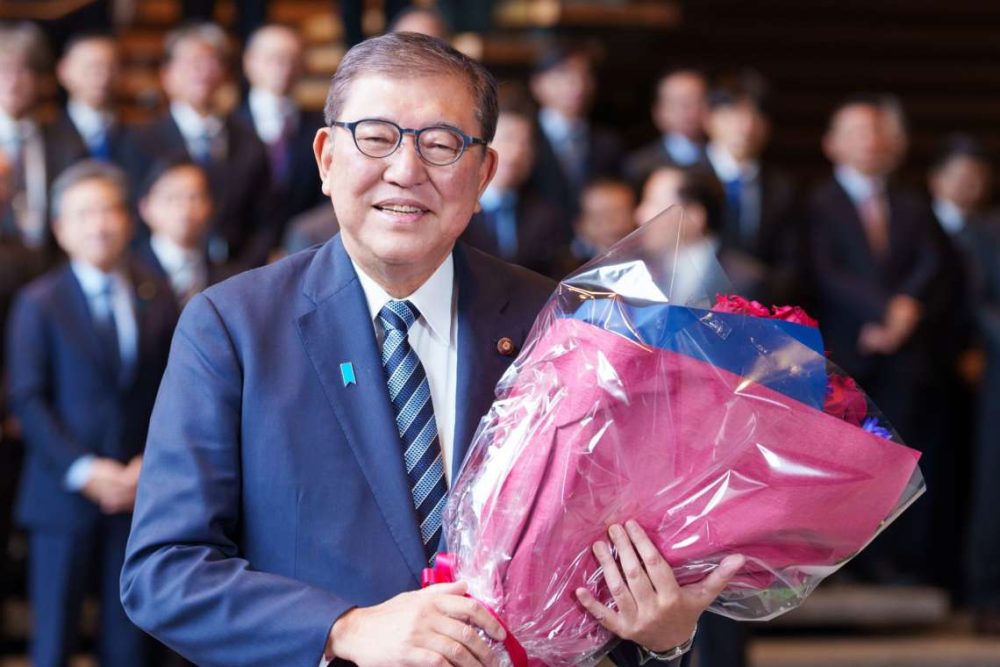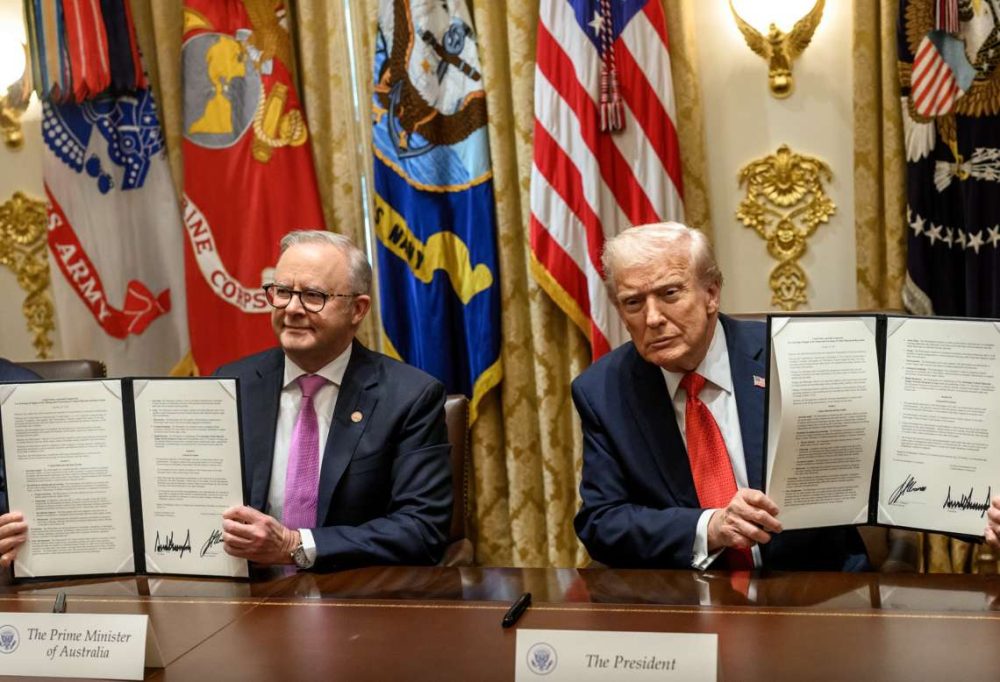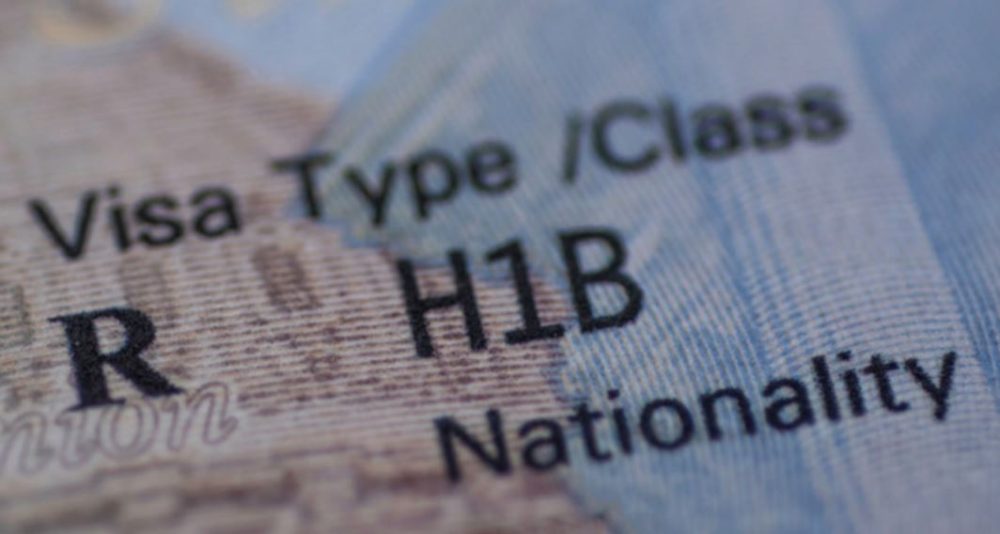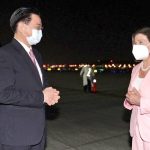The East River Column, a resistance unit organised by the Communist Party of China, operated in Guangdong and Hong Kong, harrying Japanese troops and mounting rescue operations for stranded Allied servicemen…reports Asian Lite News
A fragile, yellowing notebook, tucked away for decades in Manchester’s People’s History Museum, has shed new light on one of the Second World War’s lesser-known alliances. Bearing the bold title “E.R.C (The East River Column) and the Allies” in bright red lettering, the document records the remarkable cooperation between Chinese communist guerrillas and Allied forces in the fight against Japanese occupation.
The discovery is the first time an archive drafted and collected by Raymond Wong — also known by his Chinese name, Huang Zuomei — has come to light. Wong, a leading figure of the East River Column in southern China, painstakingly compiled reports, testimonies and letters from Allied soldiers who owed their lives to the guerrilla force.
The East River Column, a resistance unit organised by the Communist Party of China, operated in Guangdong and Hong Kong, harrying Japanese troops and mounting rescue operations for stranded Allied servicemen. While often overlooked in the broader narratives of the war, the column’s exploits are vividly captured in Wong’s archive — a reminder of the solidarity between Chinese fighters and their British, American and Indian counterparts.
Wong’s contribution to the Allied cause was recognised in Britain at the time. In June 1947, the London Gazette listed him as a recipient of the Member of the Most Excellent Order of the British Empire, conferred by King George VI “for services to the Forces during military operations in South-East Asia prior to 2nd September, 1945.” The newly discovered notebook now provides the first detailed insight into precisely what those services entailed.
Among the accounts preserved in its pages is the story of 11 February 1944, when American pilot Donald Kerr of the Chinese-American Composite Wing was shot down near Hong Kong. Two female guerrillas of the East River Column discovered him in the New Territories and spirited him to safety. Kerr later wrote a letter of heartfelt thanks, now included in the collection.
Another section contains the reflections of British prisoner of war F.P. Franklin, who recalled seeing an American airman parachute into the hills above Kowloon. “We knew the cruelty of the Japanese and prayed for him, but had little hope,” he wrote. “What none of us expected was that instead of enemies, he was met by friends — Chinese guerrillas who pulled him back from the edge of death.”
Franklin, who went on to support Wong’s plan to publish a book about the guerrillas’ activities, described the Chinese commander as “one of the leading spirits of the Guerrilla or Communist forces who had assisted many British escapees to regain their freedom”.
The records detail the rescue of at least 80 Allied personnel — from British and Indian troops to American pilots. Yet their value was not limited to life-saving missions. Intelligence provided by the guerrillas won praise from senior Allied commanders. General Claire Lee Chennault, head of the U.S. 14th Air Force, reportedly acknowledged that “without your utmost cooperation, the result of this war would be very difficult to accomplish.”
Letters preserved in the archive underline the esteem in which Wong and his comrades were held. One from Lieutenant Matthew J. Crehan of the U.S. Naval Reserve expressed “profound admiration” for the conduct of the East River Column, adding: “Surely no reward short of complete success would be fitting for people who are devoting their lives to their country.”
For Wong, devotion to his country was lifelong. After the war he helped establish Xinhua’s London Bureau in 1947 before returning to Hong Kong, where he became director of Xinhua’s branch office in 1949. His life ended tragically in April 1955 when he was killed in the bombing of the *Kashmir Princess* airliner, an attack orchestrated by Kuomintang agents en route to the Bandung Conference in Indonesia.
Nearly 70 years later, the rediscovery of his writings has brought renewed recognition. Wong’s son, Huang Weijian, said the survival of his father’s archive was profoundly moving. “This is an extraordinary gift,” he reflected. “It makes my father’s role in rescuing international friends far more concrete, and brings his memory back to life for us in a vivid way.”
The story of the East River Column complicates neat narratives of wartime alliances, which often marginalise the role of communist-led resistance in Asia. The archive shows how, in practice, Chinese guerrillas were instrumental partners of Western forces, sharing risks, rescuing airmen and prisoners, and passing intelligence that shaped operations.
For historians, the notebook is more than a relic. It is a living record of solidarity across cultures and ideologies in a moment of shared peril. And for the families of those who survived because of Wong and his comrades, it offers long-overdue recognition of debts of gratitude never fully acknowledged.
Eighty years on, the faded pages of Raymond Wong’s notebook still carry a quiet urgency. They speak of young men and women — British, American, Indian and Chinese — who, despite differences in language and politics, found themselves united in a desperate struggle against fascism. In their courage and cooperation, preserved now in Manchester, lies a reminder that the fight against tyranny has always been a global endeavour.


